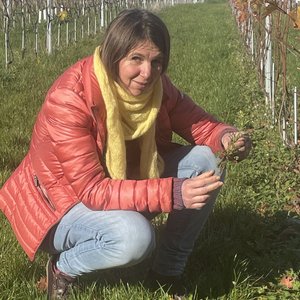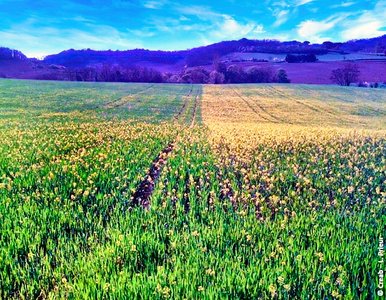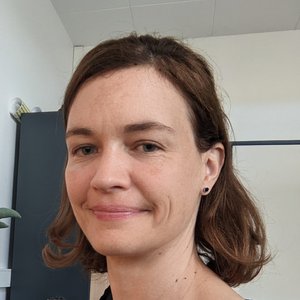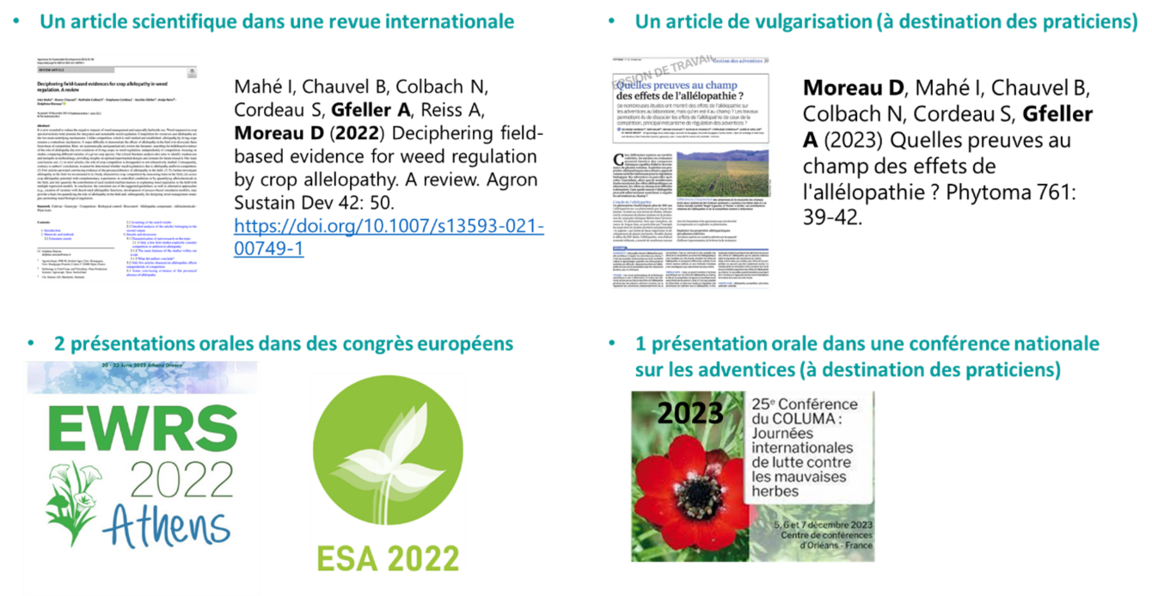Excitement increases each year towards the end of November, when the twenty or so projects accepted for funding by the Germaine de Staël scholarship are announced among the numerous entries. The programme promotes exchange between Swiss and French academic research institutions and is open to all disciplines.
Here are the projects accepted for 2024: download pdf
But what does such a research partnership look like in practice? The list of Germaine de Staël projects accepted for the year 2023 features, among others, a project called “The role of allelopathy in the regulation of weeds by intercropping covers”. A rather difficult title, certainly, but the explanation is relatively simple: IT’s about crops which do not lead to harvesting a marketable agricultural product directly but improve the production of the latter, protecting the soil and mobilizing different biological processes, such as unwanted wild plants control (more commonly called weeds) by allelopathy.
While the phenomenon has been known since antiquity, the understanding of this mechanism – i.e., the diffusion of anti-weed chemical compounds by plants, either through the earth or over the air – is only 85 years old. Thanks to the cross-border Germaine de Staël program, two groups of researchers in this specialized field of agricultural chemistry in Switzerland and France met to trace their furrows together, in the literal sense. Their leaders: Dr. Delphine Moreau of the National Research Institute for Agriculture, Food and the Environment, INRAE/UMR Agroecology, in Dijon, and Prof. Dr. Aurélie Gfeller, Agroscope, in Changins/Nyon in the canton of Vaud.
As with all collaborations in the Germaine de Staël programme, participants not only cross geographical boundaries, but also scientific and cultural boundaries – often a decisive trigger for the creation of new developments. In a survey of past programs, more than half of the teams rated the importance of this funding as medium to high and 50% said their collaboration would probably not have happened without it.
To what extent is allelopathy actually contributing to regulating weeds in the field? This is the central issue of the collaboration between Delphine Moreau and Aurélie Gfeller, which has enabled numerous ideas to germinate between experienced researchers. The exchanges also made it possible to broaden the scientific knowledge and culture of doctoral and master's students who actively participated in the meetings. To sum it up in the words of Aurélie Gfeller: “Our collaboration was really fruitful – on a scientific, cultural and educational level.”



Delphine Moreau (DM): “face-to-face and video meetings complement each other and are both important for a successful collaboration between countries. Although we save time and money with the flexible means of video telephony, in-person meetings are still important in a digital world: to really get to know your partners and for group brainstorming. »
Aurélie Gfeller (AG): “Meetings on site are central for strengthening existing partnerships and establishing new contacts. Communication is facilitated and enriched. Additionally, some experiences and machines may only available at the partner organization’s location I benefited from Delphine’s modelling knowledge and I believe Delphine benefited from my experience in allelopathy.”
DM: Our area of research is still very little known today. The collaboration proposed in this project has enabled strong ties between Agroscope and the Agroecology UMR. Agroscope has recognized expertise in allelopathy and its underlying mechanisms which are studied in the laboratory using approaches from biochemistry, molecular biology, genomics and physiology. The Agroecology UMR on the other hand has recognized expertise in the biology of weeds, the effect of crop systems, mechanistic modelling and virtual experimentation to quantify processes that are difficult to measure in the field and better understand their determinants. But allelopathy is a process in which we have little expertise.
AG: Delphine's absolutely right. I also realized the extent to which describing certain mechanisms that happen at the scale of a plant root may have repercussions at the scale of the agricultural plot.
DM: This scientific exchange funding allowed me to lay the foundations of a new allelopathy module for the FlorSys model, to set up a new collaborative project from the Swiss National Fund (FNS-ANR) and to collaborate on the following scientific articles:

DM: Our two laboratories work on weed management. The areas of expertise between the two laboratories are complementary.
AG: There are no differences at the scientific level, perhaps in the structure, the organization, the hierarchies. We would not have collaborated if our approaches were not similar. As for the differences between French and Swiss agriculture, the issues, questions and problems are ultimately the same.
AG: It was an excellent opportunity to bring together the strengths of our two laboratories with concrete goals. During our meetings and discussions, the idea of starting other projects took shape. We realized that our field of investigation was even broader and that we wanted to continue working together. For this reason, we are preparing a larger-scale project with the Swiss National Fund at the moment. Indeed, reducing the use of herbicides is a central issue in agriculture and requires numerous means to guarantee sufficient yields to feed the population with local products.
Anne-Louise-Germaine Necker, Baroness de Staël-Holstein or simply Madame de Staël (1766-1817), was a French-Swiss writer, researcher and thinker who was politically active at the time of the French Revolution. Her personality was so powerful and her network of relationships so vast that even Napoleon feared her and banned her from Paris.
She is credited with the quote “Shouldn’t every woman, like every man, pursue her own talents?” Today’s participants of the exchange grant programme by her name still adhere to this motto.